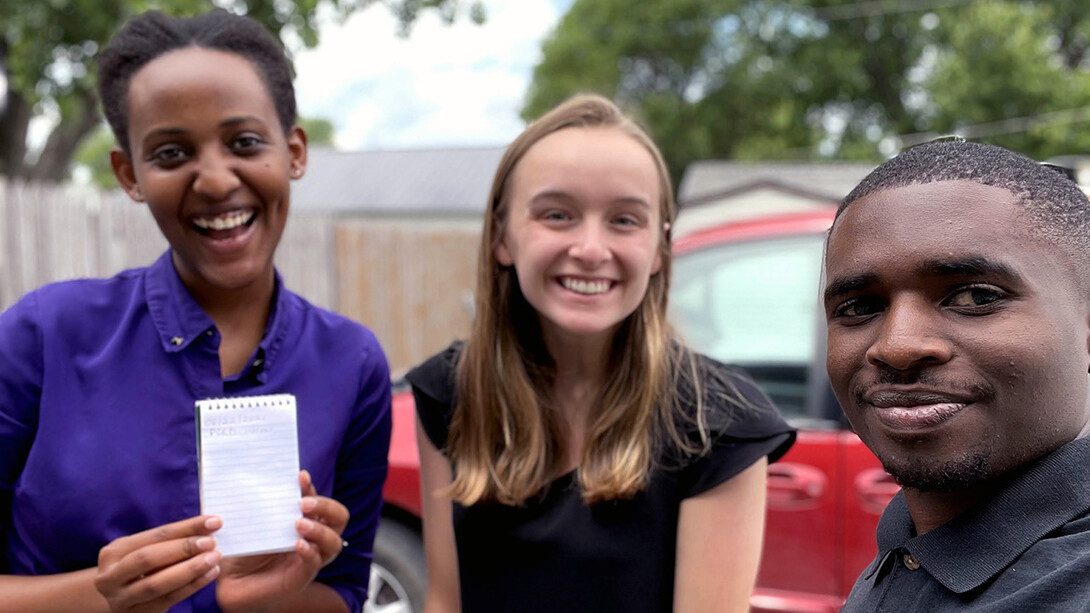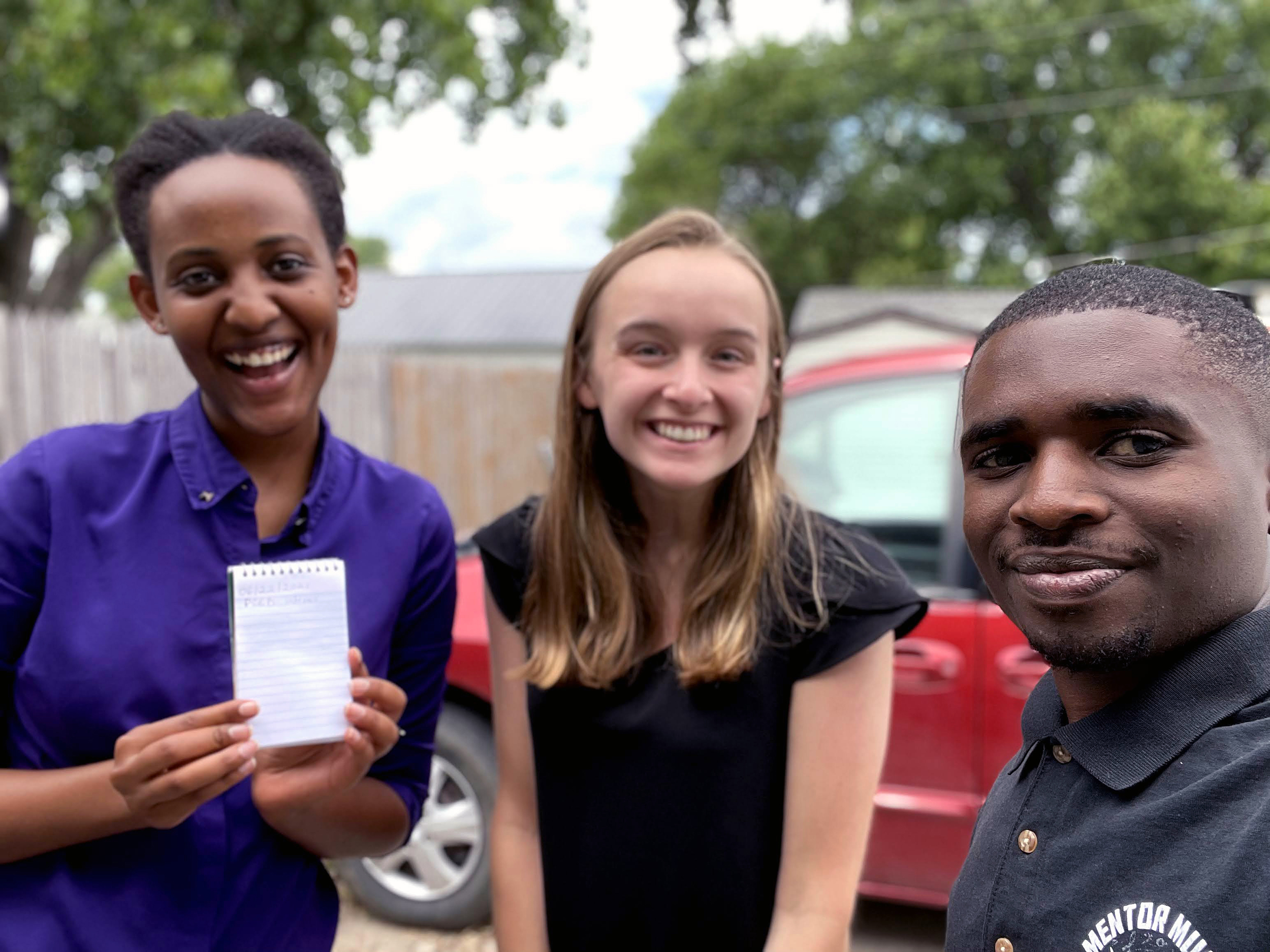
Rural Prosperity Nebraska’s Rural Fellowship program recently finished its eighth year. Since 2013, students from around the globe have spent their summers living, working and serving in rural Nebraska communities. During their immersive internships, Student Fellows have strengthened towns’ websites, created hike-and-bike trails and initiated small-business development programs, among other community development projects.
Student Fellows’ impact on communities is often fairly tangible. But service is a two-way street, and the University of Nebraska–Lincoln conducted a survey to see how living in rural communities impacted the fellows.
Rural life can get in one’s blood — whether one is born in a rural community or stays for 10 weeks. Of the former fellows surveyed, 50% currently work in rural communities and 52% live in rural Nebraska, citing the opportunities that arose during their fellowships as a big reason for their return.
“Following my serviceship, we moved here,” said Andrew Ambriz (2016, McCook). “After a resignation from the previous director, I was asked to fill the interim director position for community economic development. Two months later, I became the director in permanence.”
Michael Siefert (2016, Friend) said: “I work in a very technical field, so I was surprised to have the opportunity to prioritize softer skills like community building. It was unlike anything I’ve done in my career since.”
A key tenet of the Rural Fellowship program is developing and strengthening leadership skills. Program coordinator Helen Fagan conducts one-on-one leadership coaching sessions with Student and Community Fellows (local leaders who mentor students) during their fellowships. These lessons often take root, and students frequently grow into strong community leaders themselves.
“I was able to break out of my shell and become a more outgoing and vocal leader,” said Tyra Reardon (2020, Chadron). “I have also learned skills to help me take steps to be a more inclusive, equitable and attentive leader and citizen.”
Amber Ross (2017 West Point; 2018, Columbus) said: “These experiences have taught me that leaders come in many shapes and come from many paths. I may be a leader in my attention to detail, but another may show their leadership in their ability to connect with people.”
Like many life-changing experiences, one can never anticipate all the changes that will occur. Many former fellows found that to be true for them, as well. Even today, they rely on the skills and knowledge they gained during the fellowship program — skills that, while intangible, continue to guide and inspire them to succeed and progress in their careers.
“My cultural awareness has greatly increased,” said Amanda Most (2020, Wahoo). “I am also better at recognizing the various strengths within my team, figuring out how to get people to work together and play to their diversity.”
Sage Williams (2018, McCook) said: “I learned so many collaboration skills. I learned how to use creative problem solving, how to organize and promote community events and how to work with people who have different ideas. I use all the skills I gained there to this day.”
It is impossible to predict what strengths, ideas and direction will come out of participating in the Rural Fellowship program. But of the former fellows surveyed, 87.5% strongly agreed or agreed that the program prepared them for where they are in their careers and helped them grow as community leaders.
For the full report, click here.
The Rural Fellowship program is currently recruiting hosting communities and Student Fellows for summer 2022. For details and applications, click here.








